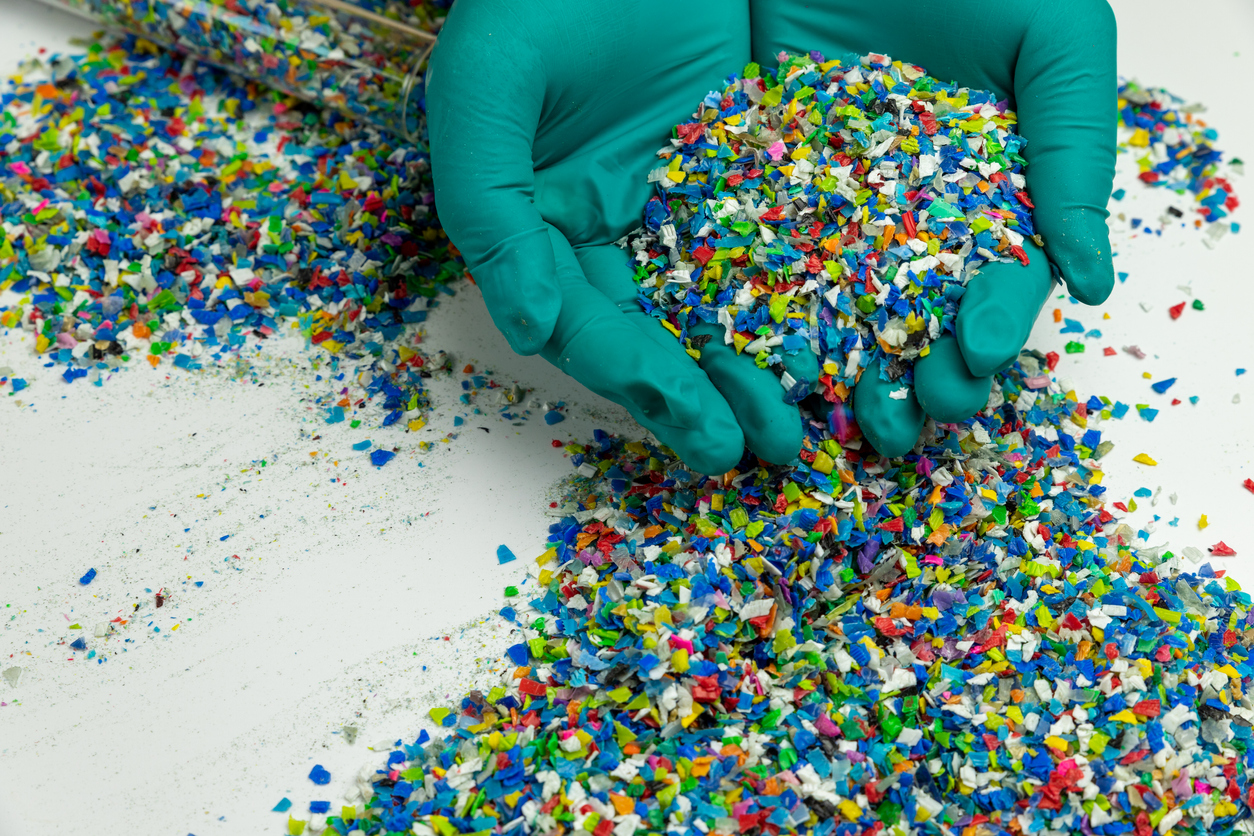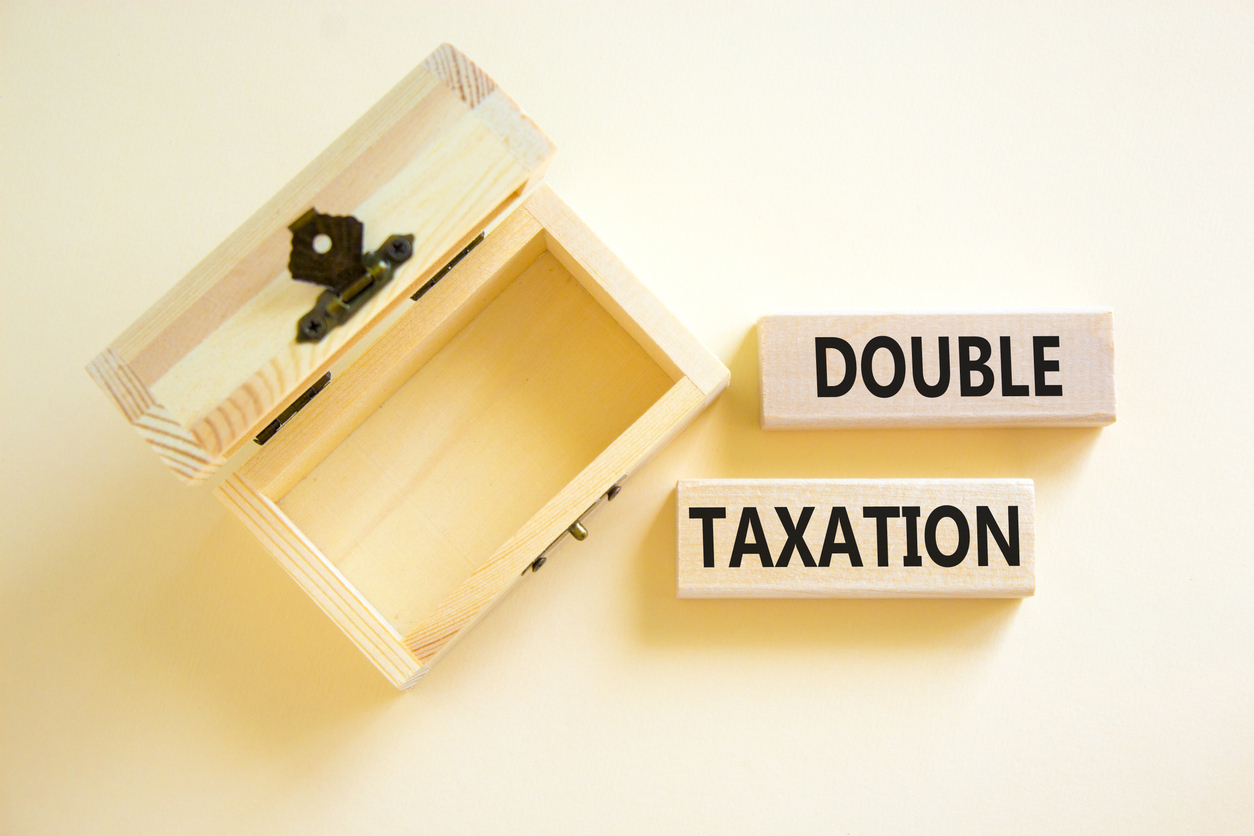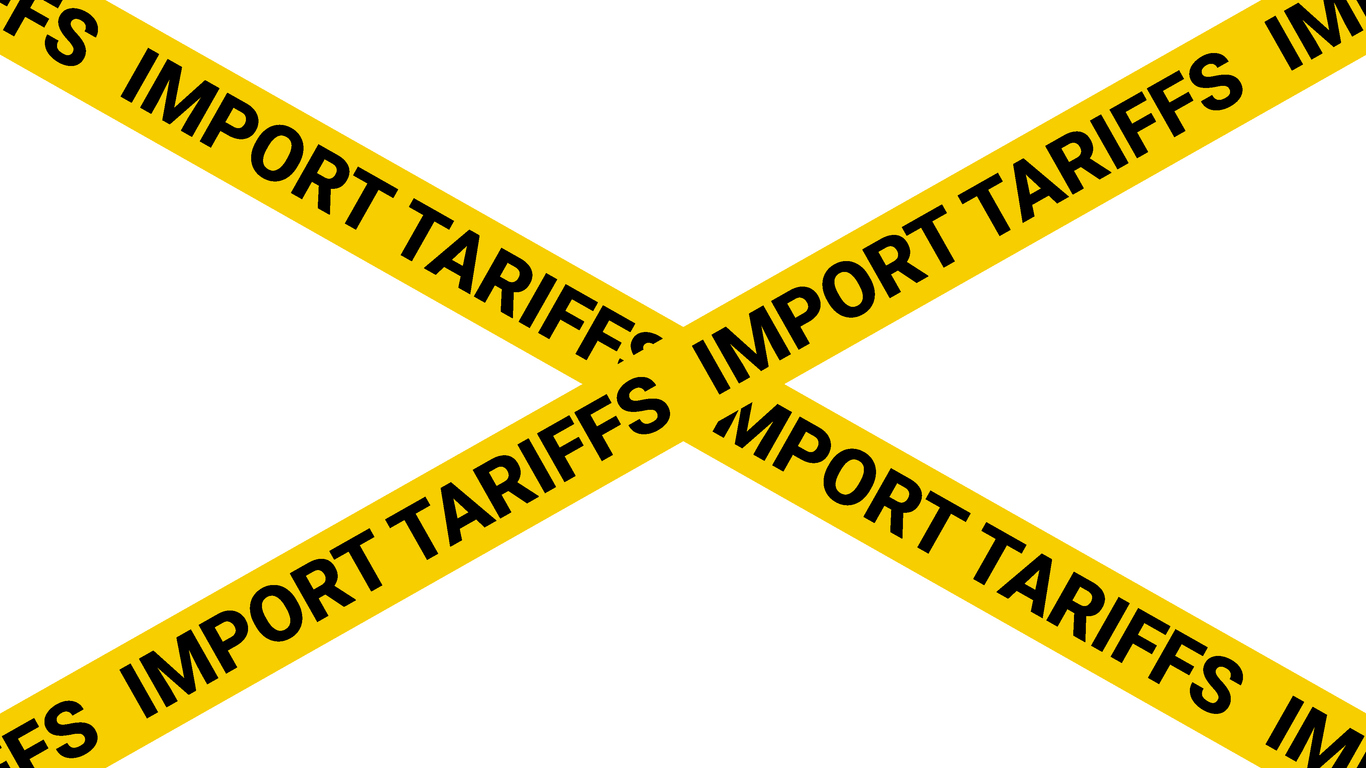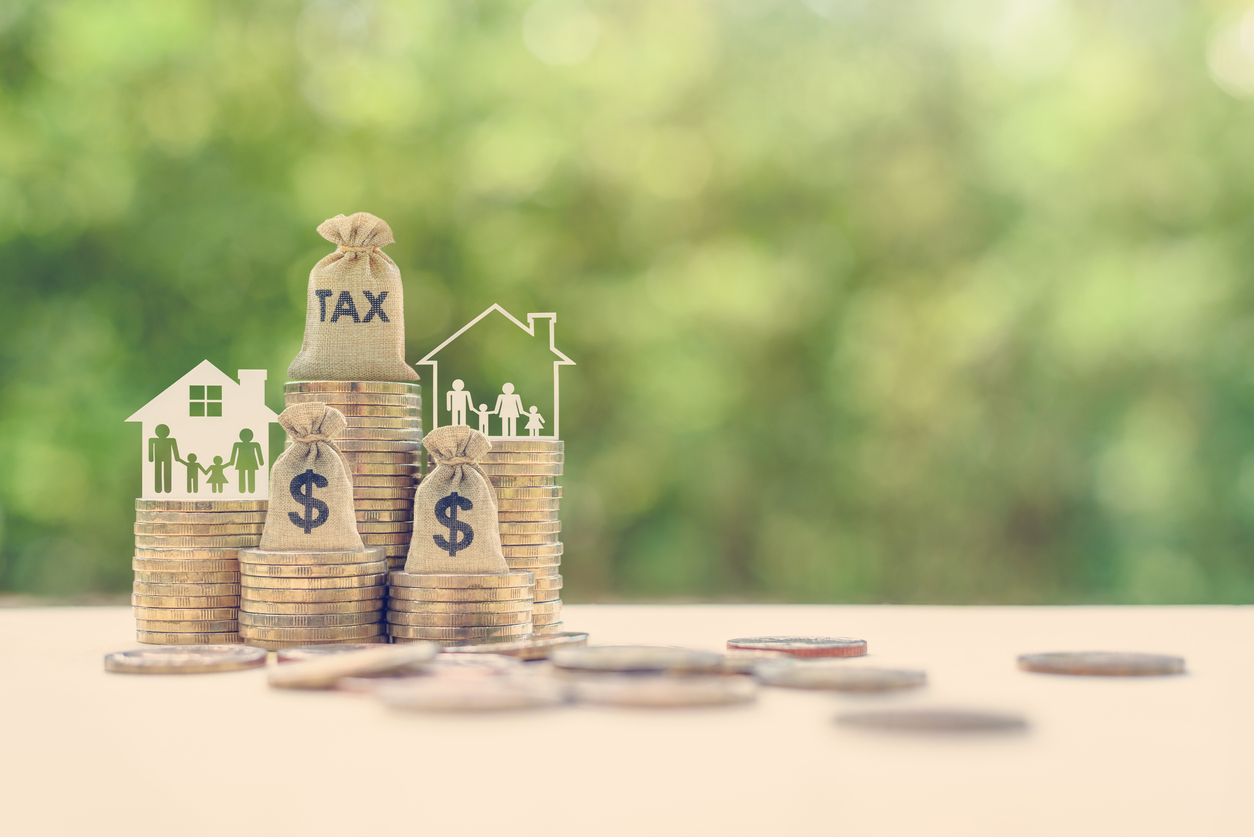Guide to Exporting Scrap Plastic From Nigeria: What You Need to Know
Exploring the Reuse of Plastic Waste in Nigeria: A Closer Look at How We Can Recycle It
Plastic waste is becoming an increasingly pressing issue in Nigeria, with the country’s coastal areas being particularly affected. Every day, tonnes of plastic are discarded and end up in the ocean and other environments, polluting the land and poisoning the wildlife. To help mitigate this problem and protect our environment, it is essential to explore ways to reuse and recycle plastic waste. In this article, we will take a closer look at the current state of plastic waste in Nigeria and how we can recycle it. We’ll explore the various ways in which plastic can be reused, from upcycling to creating new products, and examine the methods and processes involved in each. We’ll also look at the potential benefits of recycling plastic and how it can help reduce the amount of plastic waste in the country. Finally, we’ll discuss the challenges and potential solutions for making recycling more widespread in Nigeria.
The State of Plastic Waste in Nigeria
Nigeria is one of the countries most affected by plastic waste. Studies have shown that the amount of plastic in the coastal areas of the country is growing at an alarming rate. In fact, some of the countries found in the world’s five major plastic-pollution hubs are located in West and Central Africa, including Nigeria, Ghana, Cameroon, and Chad. The excessive use of plastic bags, single-use plastic containers, bottles, and other plastic materials has led to an increase in the amount of plastic waste in the country. This has caused serious environmental damage in coastal areas, such as the Atlantic Ocean and the Gulf of Guinea, to the extent that experts are now referring to it as an ‘ocean tragedy’.
The Reuse of Plastic Waste
The first and most obvious way to reuse plastic waste is to recycle it. This is the most efficient way to repurpose plastic, as it can be broken down into its original raw materials, such as oil and natural gas. With enough investment and attention, this could make plastic less of an issue in Nigeria and the rest of the world. One of the other options for repurposing plastic is to upcycle it. This process takes used or leftover plastic items and turns them into something else. For example, plastic bottles could be repurposed as bags or baskets. Upcycling plastic items could help to eliminate the amount of plastic waste in Nigeria, as well as providing a source of income for people living in poorer areas.
Creating New Products
Creating new products from plastic waste could be another way to tackle the issue. For example, plastic waste could be repurposed to create bricks or blocks, which could then be used to create more plastic in turn, reducing the amount of plastic waste in the country. Another option is to use the plastic waste to create energy. This can be achieved in a number of ways, including burning it, which is sometimes used as a way of dealing with waste in Nigeria. However, this method is inefficient, as it creates CO and other toxic chemicals, which can cause serious damage to the environment and human health. The burning of waste can also lead to a large amount of smoke polluting the air and can cause fires, which can be potentially dangerous.
The Benefits of Recycling Plastic
When plastic waste is recycled, the amount of new plastic that needs to be produced is reduced, which could help to protect the environment and reduce the amount of plastic in Nigeria. Moreover, recycling plastic is beneficial to the economy, as it creates new products, new jobs, and reduces the amount of money spent on new raw materials. Furthermore, recycling plastic is beneficial to the environment and human health, as it reduces the amount of CO and toxic chemicals in the air. Finally, recycling plastic is beneficial to the economy. The production of new raw materials is an expensive process and can cost up to $18,000 per tonne, while recycled raw materials cost less than $100 per tonne. This means that recycling plastic can save businesses and governments a significant amount of money.
Challenges and Solutions for Recycling Plastic
Although plastic can be reused and recycled, it is important to note that it is not always possible to do so. For example, polyethylene terephthalate (PET) is one of the most commonly recycled plastics, but other types of PET, such as PET-coated fabrics, are not recyclable. Additionally, it is important to consider which type of plastic waste can be reused or recycled, as not all types of plastic can be recycled. In Nigeria, many people lack awareness about the importance of recycling plastic and the potential benefits it can bring. This can be attributed to the fact that the country has very limited recycling facilities. The majority of people also lack the necessary skills to process plastic and repurpose it, which can make it difficult to recycle plastic in Nigeria.
Conclusion
The excessive use of plastic bags, single-use plastic containers, bottles, and other plastic materials has led to an increase in the amount of plastic waste in the country. This has caused serious environmental damage in coastal areas, such as the Atlantic Ocean and the Gulf of Guinea, to the extent that experts are now referring to it as an ‘ocean tragedy’. One of the ways we can tackle this problem is to explore ways to reuse and recycle plastic waste. In this article, we have taken a closer look at the current state of plastic waste in Nigeria and how we can recycle it. We have explored the various ways in which plastic can be reused, from upcycling to creating new products, and examined the methods and processes involved in each. We have also looked at the potential benefits of recycling plastic and how it can help reduce the amount of plastic waste in the country. Finally, we have discussed the challenges and solutions for making recycling more widespread in Nigeria.








LEAVE A COMMENT
You must be logged in to post a comment.